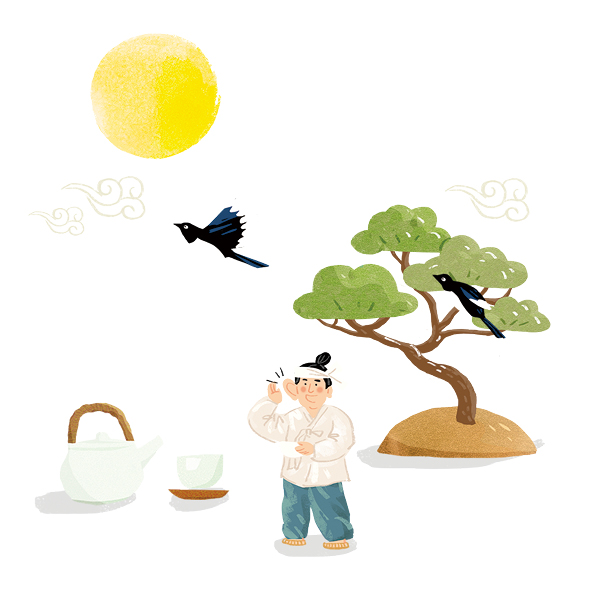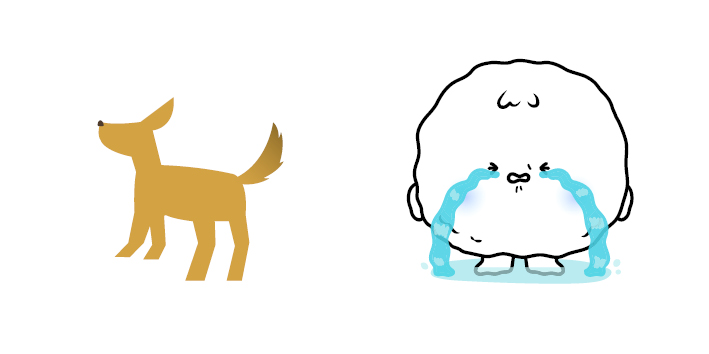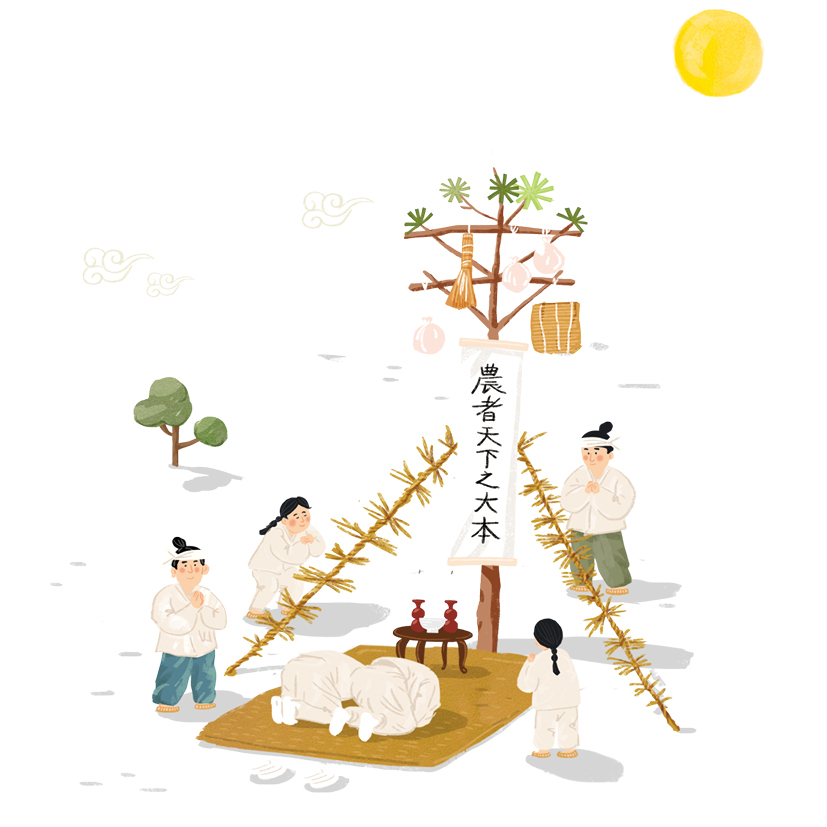한식 읽기 좋은 날
Vol 48. Food for Good Health
Curious about Jeongwol Daeboreum? Let’s Take a Look at Jeongwol Daeboreum Customs with Bapdol
Korean Food Trivia Talk
In the past, when farming was the basis of life, Jeongwol Daeboreum(the first full moon day of the new year), which predicted a good harvest for a year, was more important than any other holiday.
Since it had a strong open and communal meaning, the characteristics of its customs appeared in the form of harmony and sharing. Jeongwol Daeboreum was an occasion when people shared ogokbap with neighbors, while wishing for each other’s health and prosperity.
Let's ruminate the mindset of our ancestors, who were as generous as the full moon, and explore the customs and seasonal foods of Jeongwol Daeboreum.
Reference. Encyclopedia of Korean Seasonal Customs, Encyclopedia of Korean Culture
Q. Do different regions have different times and methods of eating ogokbap?
The timing of eating ogokbap varies, depending on the region, but it is generally eaten on the first full moon day of the new year. In some regions, it is eaten on the 14th day of the new year, and white rice is eaten on the morning of the full moon day. This is a local custom that stemmed from the belief that eating early can help you work diligently during peak farming season. Ogokbap is a dish containing the wisdom of our ancestors who supplemented the insufficient nutrients during the winter to wish for prosperity and health in the year, and although the quantity of grains used varies by region and period, usually, sticky rice is mixed with black beans, sorghum, red beans, foxtail millet, millet, etc. I did.
According to <Dongguk Sesigi>, it states, “People make mixed grains with five grains, and share it with others. This is also the custom of the Yeongnam region, and people eat this type of rice all day long. This follows the old custom of sharing the rice at the ancestral table.”
Q. People share ogokbap with others. Please tell us if you know various local customs or interesting folklore about this.
Neighbors shared ogokbap on the first full moon day of the new year because it is said that sharing the dish with three neighbors with different last names provides good fortune for the year. On the evening of the 14th day of the new year, children sneaked into an empty house and stole ogokbap. People believed that they would have a good harvest for the year if there were many people sneaking in to steal ogokbap, so they pretended not to see even when they saw them. Moreover, on the morning of the first full moon day, children visited their neighbors with a strainer or basket, and got a spoonful of ogokbap. In the Jeollanam-do region, it is called “joribap” or “seseongbagibap,” and people believed that they would not be affected by the heat of the coming summer if they ate this type of rice.
It is said that it is good to eat ogokbap nine times a day, so it is often divided into several portions. The custom of eating multiple times contains the hidden meaning of our ancestors to work diligently throughout the year.
Q. Please tell us about the origin of the name “gwibalgisul(ear-sharpening wine)” that is consumed on the morning of the first full moon day.
Gwibalgisul is a custom that was born from the beliefs, “If people drink cold wine on the morning of the first full moon day, they would sober up, would not get any ear problems, and would develop sharpened hearing,” and “people would get good news throughout the year.” There is no specific method of making the wine. The cheongju that is offered on the ancestral rites on the morning of the New Year’s is left, and it becomes qwibalgisul if you use it on the first full moon day.

Q. Do children drink gwibalgisul, too?
In general, people of all ages and genders drink gwibalgisul before having breakfast on the first full moon day. However, adults only coat the wine on the children’s lips, and count it as drinking. When drinking gwibalgisul, adults say the words of blessing, such as “Have sharpened ears, have brighter eyes.”
Q. There is a proverb, “A dog spending the first full moon” that refers to spending the holiday without proper meals. Please tell us about its origin.
In the past, people starved dogs on the first full moon day of the year because they believed the dogs would be swarmed by flies and become lean. This custom is quite old, and, even in the Joseon Dynasty, it is said that on the first full moon day, house dogs were tied up, and no food was given. Our ancestors, who had long thought that dogs had a good life of playing and eating all day, used expressions such as “A dog’s life is the best lot” and “Having a dog’s life in the midsummer” when they referred to people living in luxury. On the first full moon day of the year, they starved the dogs all day. Thus, “A dog spending the first full moon” alludes to a situation when a person is very hungry from not eating several meals, or a person not spending holidays well by eating full meals with one’s family.

Q. There seem to be many interesting proverbs related to special holidays. We’re also curious about the meaning of the proverb, “Even if you spend the New Year’s outside, you have to spend the first full moon day at home”. What does it mean?
Since the New Year is the time when the year begins, it is a holiday when people who are away from home have to come home and spend the day with the family, pay respect to ancestors, and greet neighbors. In the past, it was one’s duty to return home on the first full moon day if they couldn’t come home on the New Year’s. It was because people thought that even if there were circumstances during the New Year’s, they would be solved in about 15 days. This reflects the sense of community derived from the farming culture. The first full moon day of the year is an important time to hope for and prepare for a bountiful year. Then, after the full moon, farming begins in earnest. Those who did not come home during the busiest and most important farming season were likely to be outcast from the farming community. Thus, it is said that people who do not return home by the first full moon day of the new year were called “the one who doesn’t know cheol(nongsacheol: farming season, meaning a thoughtless person).”


 한국어
한국어
 English
English






